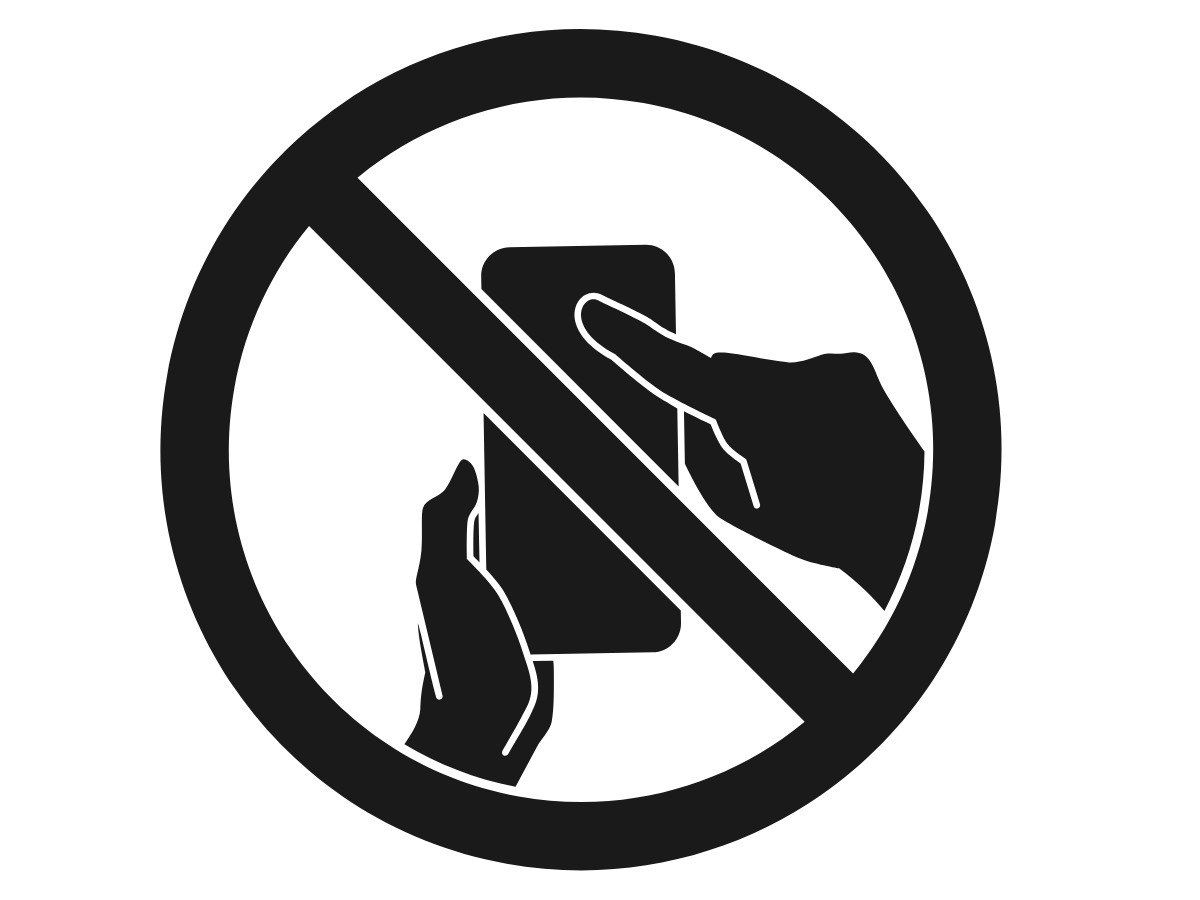WHO and Costa Rica launch landmark COVID-19 Technology Access Pool
29 countries and several international partners and institutions have signed up to support the COVID-19 Technology Access Pool (C-TAP) an initiative aimed at making vaccines, tests, treatments and other health technologies to fight COVID-19 accessible to all.
The Pool was first proposed in March by President Carlos Alvarado of Costa Rica, who joined WHO Director-General Dr Tedros Adhanom Ghebreyesus today at the official launch of the initiative.
“The COVID-19 Technology Access Pool will ensure the latest and best science benefits all of humanity,” said President Alvarado of Costa Rica. “Vaccines, tests, diagnostics, treatments and other key tools in the coronavirus response must be made universally available as global public goods”.
“Global solidarity and collaboration are essential to overcoming COVID-19,” said WHO Director-General Dr Tedros Adhanom Ghebreyesus. “Based on strong science and open collaboration, this information-sharing platform will help provide equitable access to life-saving technologies around the world.”
The COVID-19 (Technology) Access Pool will be voluntary and based on social solidarity. It will provide a one-stop shop for scientific knowledge, data and intellectual property to be shared equitably by the global community.
The aim is to accelerate the discovery of vaccines, medicines and other technologies through open-science research, and to fast-track product development by mobilizing additional manufacturing capacity. This will help ensure faster and more equitable access to existing and new COVID-19 health products.
There are five key elements to the initiative:
- Public disclosure of gene sequences and data;
- Transparency around the publication of all clinical trial results;
- Governments and other funders are encouraged to include clauses in funding agreements with pharmaceutical companies and other innovators about equitable distribution, affordability and the publication of trial data;
- Licensing any potential treatment, diagnostic, vaccine or other health technology to the Medicines Patent Pool – a United Nations-backed public health body that works to increase access to, and facilitate the development of, life-saving medicines for low- and middle-income countries.
- Promotion of open innovation models and technology transfer that increase local manufacturing and supply capacity, including through joining the Open Covid Pledge and the Technology Access Partnership (TAP).
With supportive countries across the globe, C-TAP will serve as a sister initiative to the Access to COVID-19 Tools (ACT) Accelerator and other initiatives to support efforts to fight COVID-19 worldwide.
WHO, Costa Rica and all the co-sponsor countries have also issued a “Solidarity Call to Action” asking relevant stakeholders to join and support the initiative, with recommended actions for key groups, such as governments, research and development funders, researchers, industry and civil society.
WHO and Costa Rica co-hosted today’s launch event, which began with a high-level session addressed by the WHO Director-General and President Alvarado in addition to Prime Minister Mia Mottley of Barbados and Aksel Jacobsen, State Secretary, Norway. There were video statements by President Lenín Moreno of Ecuador; President Thomas Esang Remengesau Jr., of Palau; President Lenín Moreno of Ecuador; , Michelle Bachelet, United Nations High Commissioner for Human Rights; Jagan Chapagain, Secretary General of the International Federation of Red Cross and Red Crescent Societies; and Retno Marsudi, Minister for Foreign Affairs for Indonesia. Leaders from across the UN, academia, industry and civil society joined for a moderated discussion.
To date, the COVID-19 Technology Access Pool is now supported by the following countries: Argentina, Bangladesh, Barbados, Belgium, Belize, Bhutan, Brazil, Chile, Dominican Republic, Ecuador, Egypt, El Salvador, Honduras, Indonesia, Lebanon, Luxembourg, Malaysia, Maldives, Mexico, Mozambique, Norway, Oman, Pakistan, Palau, Panama, Peru, Portugal, Saint Vincent and Grenadines, South Africa, Sri Lanka,Sudan, The Netherlands, Timor-Leste, Uruguay, Zimbabwe
Other international organizations, partners and experts have also expressed support to the initiative and others can join them using the .






